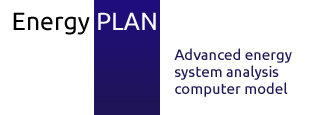Here you can find an overview of PhD-theses that use the EnergyPLAN model.
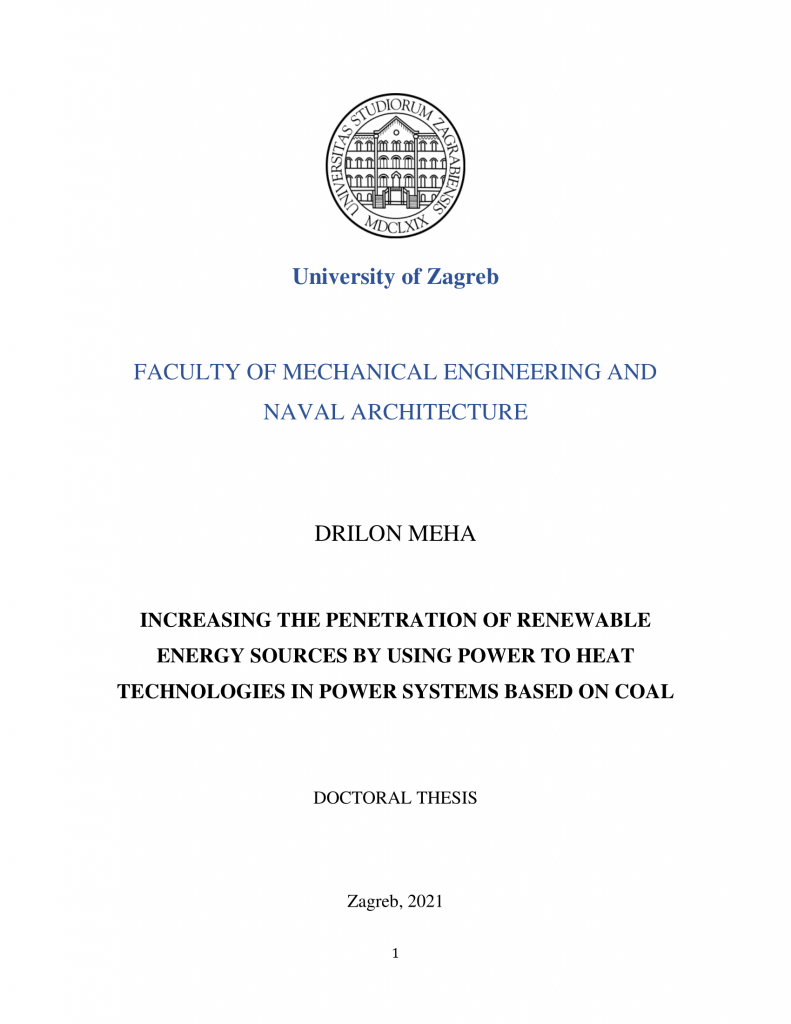
Title: Increasing the penetration of renewable energy sources by using power to heat technologies in power systems based on coal.
Author: Drilon Meha, University of Zagreb, 2021.
This thesis focuses mostly on the integration of variable renewables using power-to-heat technologies in district heating systems. This thesis studies the quantification and validation of heat demand distribution within a small municipality using a newly developed Bottom-up and Top-down heat mapping method.
In this thesis, the EnergyPLAN model was used to analyze sustainable transition in coal-based energy systems by considering power to heat technologies in district heating and individual heating systems. It also uses EnergyPLAN model to create scenarios that show how coal-dependent energy systems can change their configuration from the technical, environmental and economical point of view to become more environmentally acceptable.
If you wish to view or download this thesis, click on the following link.
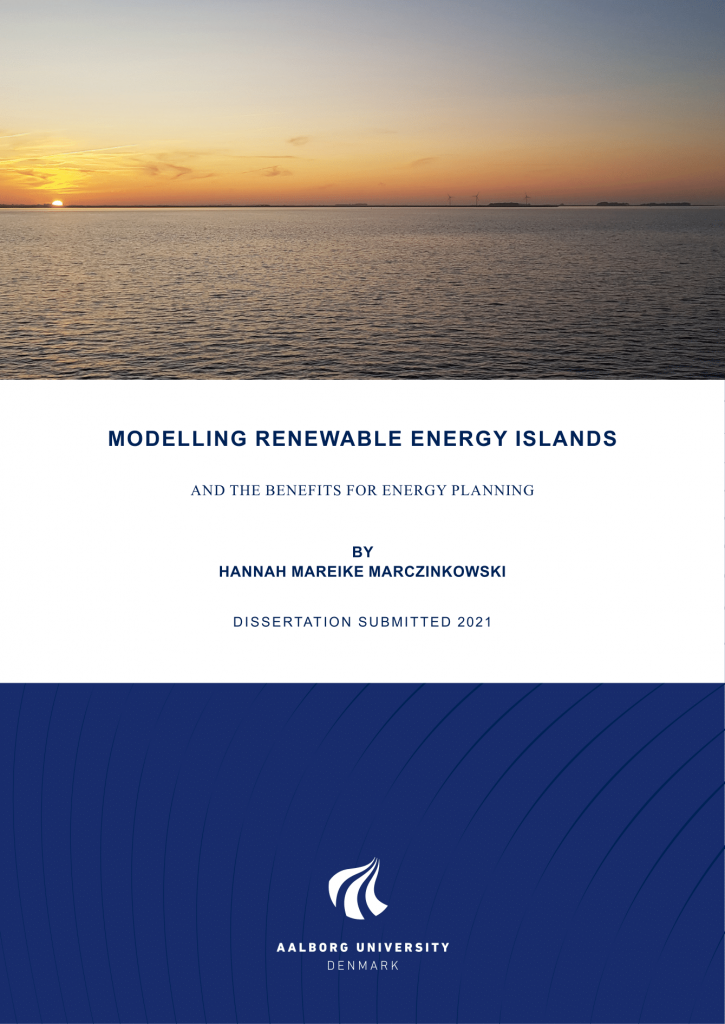
Title: Modelling Renewable Energy Islands: and the Benefits for Energy Planning.
Author: Hannah Mareike Marczinkowski, Aalborg University, 2021.
This PhD thesis defines the role of islands in the field of sustainable energy planning by looking into how islands may contribute. It critically reflects on the work done with islands and their models and on the benefits for both energy planners and islanders, supports the transition towards 100% renewable energy share.
In this thesis, EnergyPLAN was used to evaluate the models of islands, specifically Samsø, Orkney and Madeira, and to find parallels and differences between islands and other energy system models. Island models in EnergyPLAN can help demonstrate complex energy systems in small scale, and can bring new knowledge when discussing them together with the islanders.
If you wish to view or download this thesis, click on the following link.
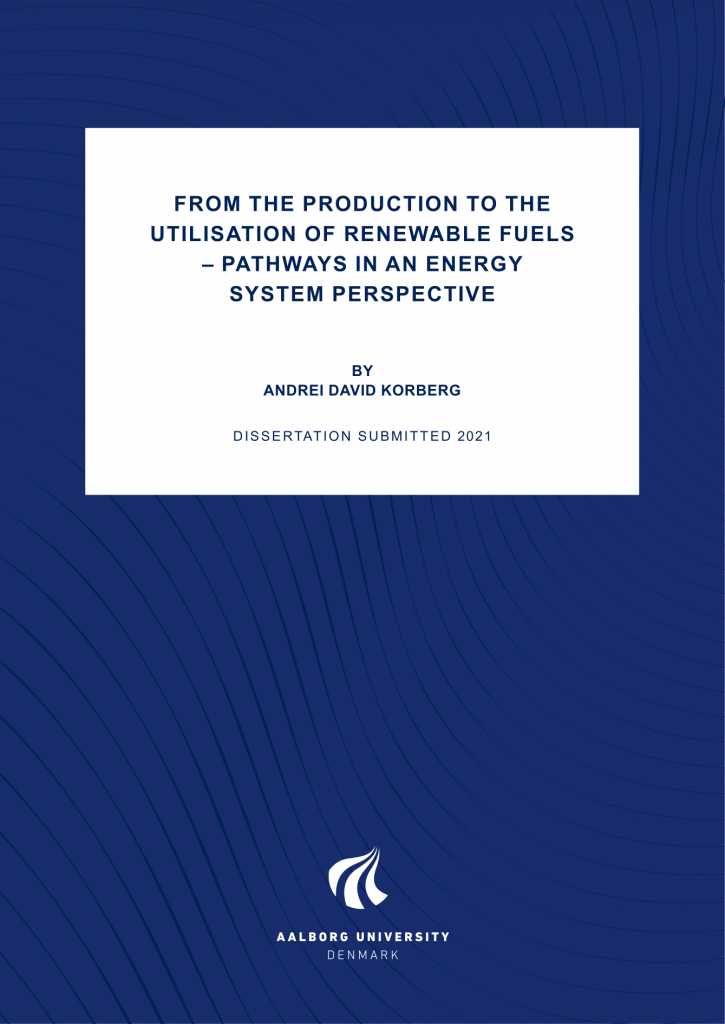
Title: From the production to the utilization of renewable fuels: An energy system perspective.
Author: Andrei David Korberg, Aalborg University, 2021.
This thesis is a feasibility study that sets the scene on the role of renewable fuels in future energy systems for both stationary and transport applications.
In this thesis, EnergyPLAN was used to model the Danish and European energy systems with varying levels of renewable fuels to determine where and in what way each fuel plays a role in reaching a cost-efficient, sustainable and renewable energy system.
If you wish to view or download this thesis, click on the following link.
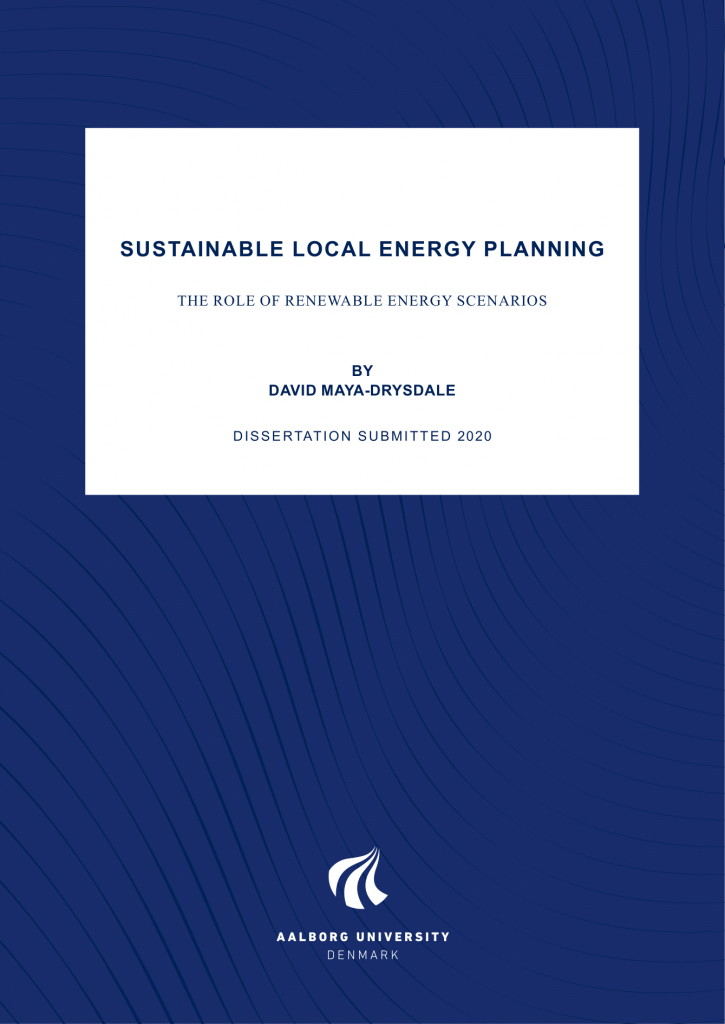
Title: Sustainable Local Energy Planning,
The Role of Renewable Energy Scenarios
Author: David William Maya-Drysdale, Aalborg University, 2020.
This PhD project focuses on the local energy planning paradigm towards sustainable energy (decarbonisation) in cities. Specifically, the project focuses on the complex decarbonised energy system as a concept and design demonstrated through scenarios. The research investigates what this means for the local energy planning paradigm asking the research question: “How can sustainable energy scenarios facilitate the local energy planning paradigm?”
In this thesis, the EnergyPLAN model was used to analyse a 100% renewable energy system in Sønderborg, Denmark. It was also used to analyse the role of nearly zero energy buildings within a 100% renewable energy system in Denmark.
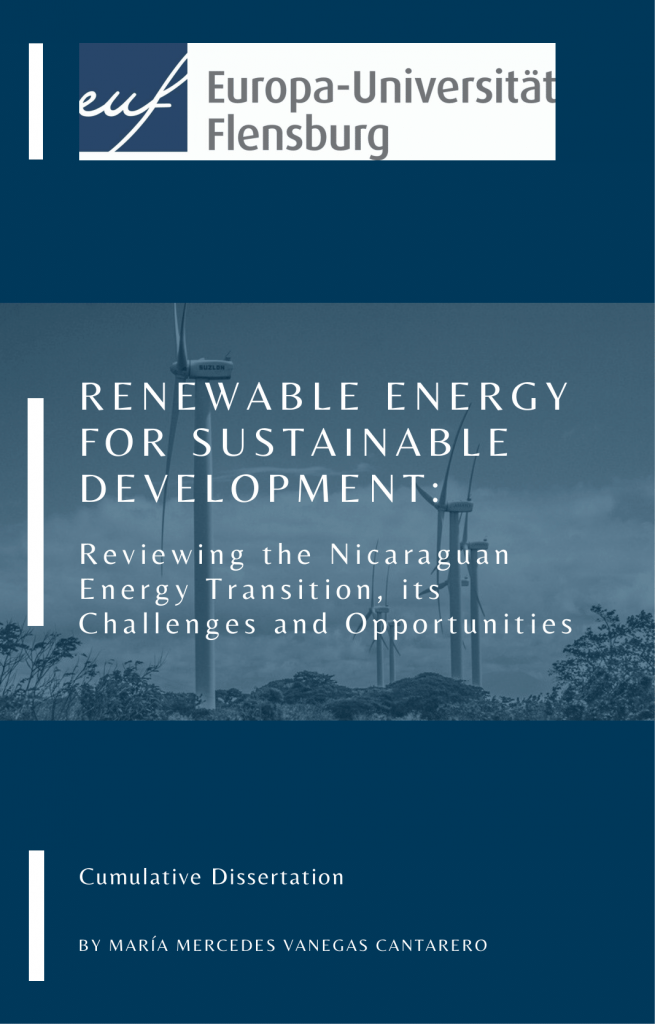
Title: Renewable energy for sustainable development: Reviewing the Nicaraguan Energy Transition, its challenges and opportunities
Author: Maria Movsessian, Europa-Universität Flensburg, 2020.
Focusing on Nicaragua as a representative developing country, this thesis examines the role of renewable energy in a country’s path to sustainable development. Key drivers and challenges for a transition to low-carbon economies are identified and recommendations to aid a swift, just and democratic transformation of the Nicaraguan energy system are provided.
In this thesis, the EnergyPLAN model was used to model alternative energy pathways for Nicaragua based on the smart energy systems approach and the principles of energy justice and democracy. Additionally, EnergyPLAN facilitated the performance of a techno-economic evaluation of the energy pathways developed.

Title: Contextual Aspects of Smart City Energy Systems Analysis: Methodology and Tools
Author: Jakob Zinck Thellufsen, Aalborg University, 2017.
The thesis defines the concept of smart city energy systems. The thesis emphasises the need to investigate the smart city energy system and two contextual aspects. The system integration context and the geographical context.
In the thesis EnergyPLAN is used to calculate local and national energy systems, with the purpose of analysing the interconnection and interchange between the systems. To assist with these analysis the help tool MultiNode is developed as part of the thesis.
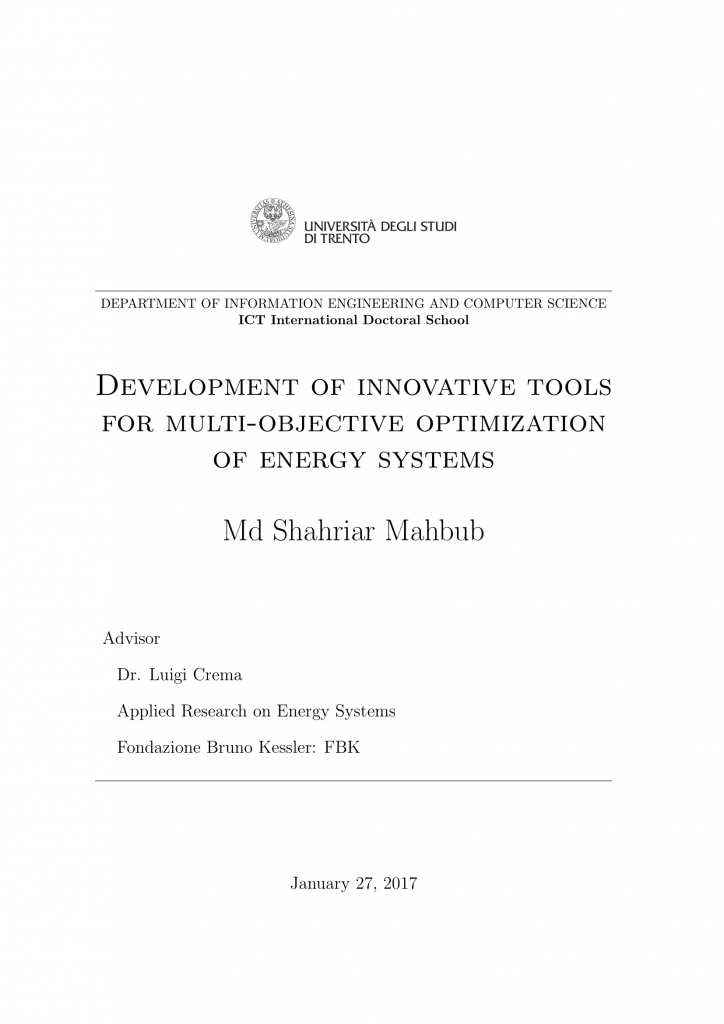
Title: Development of innovative tools for multi-objective optimization of energy systems.
Author: Md Shahriar Mahbub, University of Trento, 2017.
The thesis proposes a complete generalized framework for automatically identifying energy scenarios (a complete set of parameters describing a system) to optimize multiple objectives. The framework is developed by coupling a multi-objective evolutionary algorithm and EnergyPLAN. The results show that the tool can handle multiple energy sectors together, moreover, a number of optimized trade-off scenarios are identified. The framework opens a door for policymakers to optimize corresponding energy systems in terms of multiple objectives and choose the appropriate one for his/her respective region.
In this thesis, EnergyPLAN is used to simulate energy scenarios as an evaluation phase of a multi-objective evolutionary algorithm, calculating different objectives. The simulation of scenarios is an essential step for the identification of optimized scenarios.
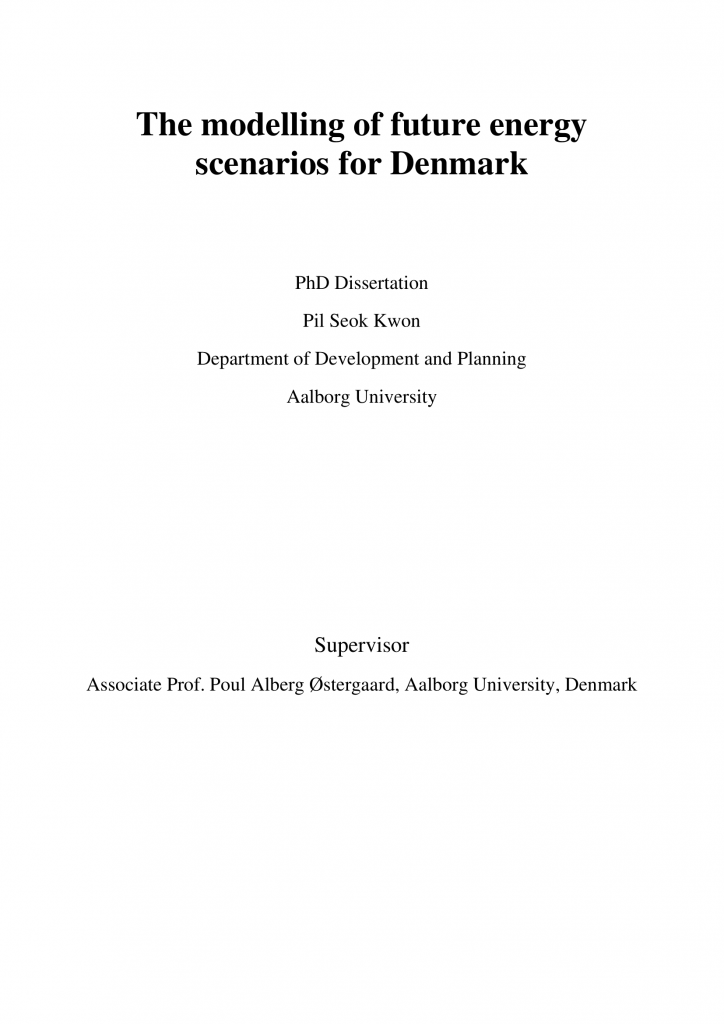
Title: The modelling future of future energy scenarios for Denmark.
Author: Pil Seok Kwon, Aalborg University, 2014.
Denmark is the first country to make a commitment to become a fossil fuel-free country by 2050 and announce various 2050 energy plans for the commitment. This PhD thesis explores the perspectives of uncertain and necessary subjects like biomass availability and flexible demand within the 2050 future Denmark scenario.
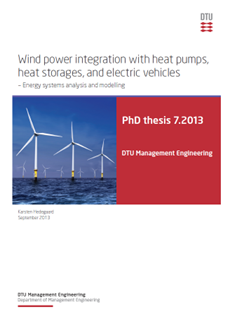
Title: Wind power integration with heat pumps, heat storages, and electric vehicles – Energy systems analysis and modelling.
Author: Karsten Hedegaard, Technical University of Denmark (DTU), 2013.
The fluctuating and only partly predictable nature of wind challenges an effective integration of large wind power penetrations. This PhD thesis investigates to which extent heat pumps, heat storages, and electric vehicles can support the integration of wind power. Considering the gaps in existing research, main focus is put on individual heat pumps in the residential sector and the possibilities for flexible operation. Extensive model development is performed that significantly improves the possibilities for analysing individual heat pumps and heat storages in an energy system context. System effects are analysed with use of mainly the Balmorel model. The EnergyPLAN model is also applied in one of the six papers.

Title: The integration of sustainable transport into future renewable energy systems in China
Author: Wen Liu, Aalborg University, 2011.
This PhD thesis focuses on identifying suitable transport technologies and strategies based on renewable energy and evaluating such technologies from the perspective of overall renewable energy system integration. The developed methodologies have been applied to the case of China.
In the thesis EnergyPLAN is used to calculate local and national energy systems, with the purpose of analysing the interconnection and interchange between the systems. To assist with these analysis the help tool MultiNode is developed as part of the thesis.
A download link to view this thesis is not available at the moment.
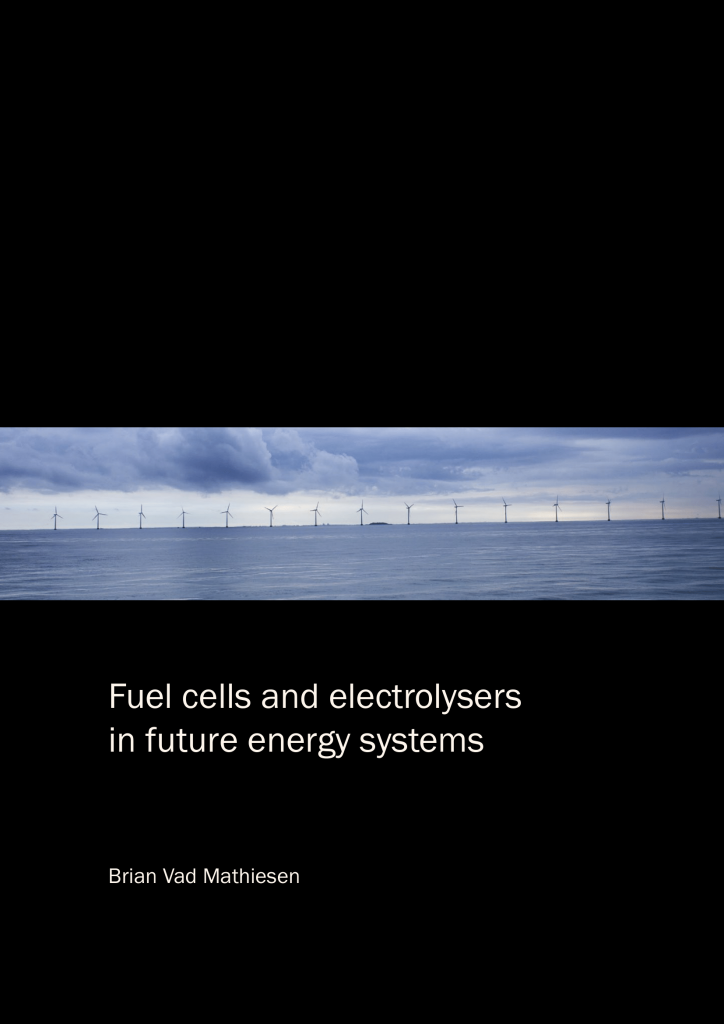
Title: Fuel cells and electrolysers in future energy systems (2006-2009)
Author: Brian Vad Mathiesen, Aalborg University, 2008.
Fuel cells and electrolysers have the potential for supplying three main energy services to the end-users: electricity, heat and transport; and can replace existing less efficient or more polluting technologies. The challenge is to identify in which applications these technologies should be used for. In the future energy systems, the key technologies are intermittent energy resources, such as wind turbines, solar photovoltaics, solar thermal and wave power, as well as more efficient energy conversion technologies, such as CHP and energy savings in demand. In the thesis, different applications of fuel cells and electrolysers in future energy systems have been analyzed.
The EnergyPLAN model has been applied to the analyses of individual house heating systems and has been used to identify how excess electricity can be utilised.
If you wish to view or download this thesis, click on the following link.
